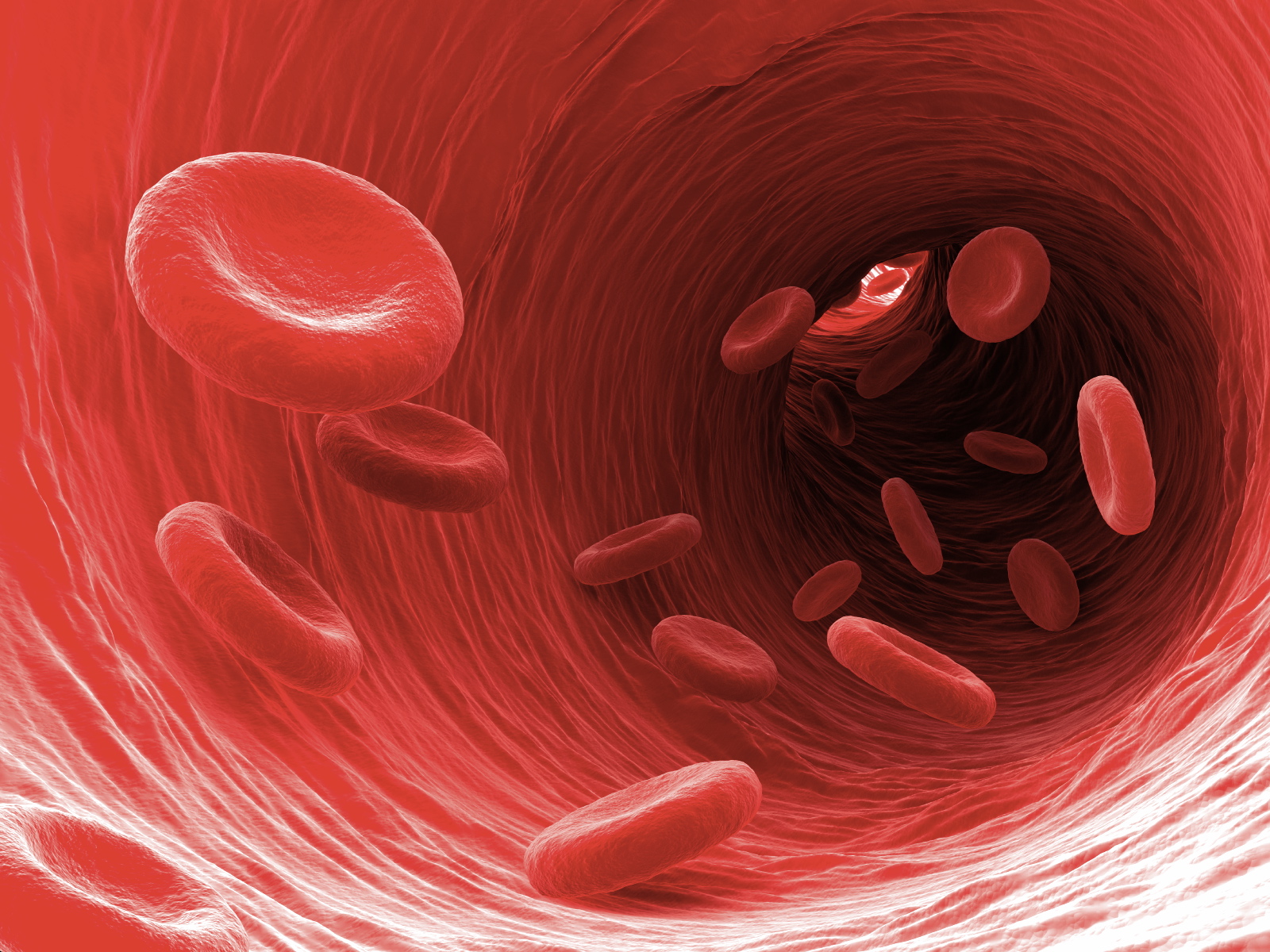
A research project embedded within the Metformin in Li Fraumeni (MILI) trial will investigate metformin’s mechanism of action when taken as a preventative for mTP53-driven cancers.
Li Fraumeni Syndrome (LFS) is a rare genetic condition caused by mutations in the TP53 tumour suppressor gene.
People with LFS have a 70-90% lifetime risk of developing cancer and there is currently no proven dietary, lifestyle or pharmacological intervention to reduce this risk.
“Dealing with multiple family members being diagnosed with cancer and the knowledge that future cancers are likely is a huge burden for families with LFS. We are very supportive of investigations into new strategies that would prevent or delay cancer occurrence as risk reduction is a key priority for our community.”
- Pan Pantziarka, co-founder and Chairman of the George Pantziarka TP53 Trust, the UK patient support group for people with LFS
Studies in a mouse model of LFS have indicated that treatment with the drug metformin can reduce cancer incidence. Metformin is a safe oral blood sugar-lowering drug that has been used to treat Type 2 diabetes for over 60 years.
In 2021, the Metformin in Li Fraumeni (MILI) trial led by Professor Sarah Blagden (Department of Oncology) received £2 million funding from the National Institute for Health and Care Research and Medical Research Council to recruit over 200 adults with LFS. Participants are randomly assigned to either receive metformin or not. The study will compare the number of cancer-free patients between the metformin-treated group versus the untreated group after 5 years. If successful, metformin could be the first preventative intervention available for those with LFS.
Despite the promise of metformin for cancer prevention in patients with LFS, metformin’s mechanism of action in mutant TP53-driven cancers is still unclear. Earlier studies suggest that metformin prevents cancer via its effects on cancer metabolism, either directly, by affecting mitochondria (the energy-producing factories in the cell), or indirectly by reducing the levels of circulating glucose and insulin at a body-wide level.
Dr Simon Lord and Professor Sarah Blagden (Department of Oncology) have been awarded over £500,000 from Cancer Research UK’s Prevention and Population Research Committee to undertake a sub-study within the MILI trial to investigate metformin’s mechanism of action in mTP53-driven cancers. Blood and tissue samples will be collected from MILI trial participants and molecular techniques will be used to study the effect of metformin on mitochondrial respiration and insulin-related processes.
“A detailed understanding of how metformin’s mechanism of action relates to cancer prevention will inform patient selection and use for this drug, not just in patients with LFS but also other at-risk patient groups. The new knowledge about the molecular processes involved may also reveal additional pathways that could be targeted by the next generation of cancer-preventative drugs.”
- Dr Simon Lord
“We are delighted to receive funding from Cancer Research UK so that we can gain more scientific insight into mutant TP53-driven cancers from the MILI clinical trial. We are grateful for the continued support from the LFS community through the George Pantziarka TP53 Trust who have provided valuable input during the development of the MILI trial and this research sub-study.”
- Professor Sarah Blagden
